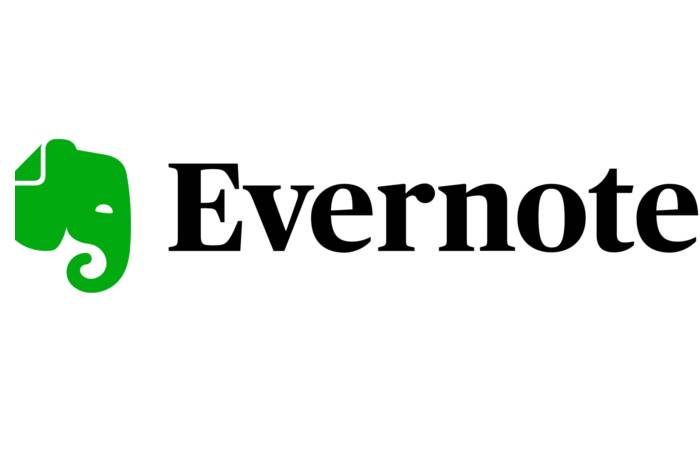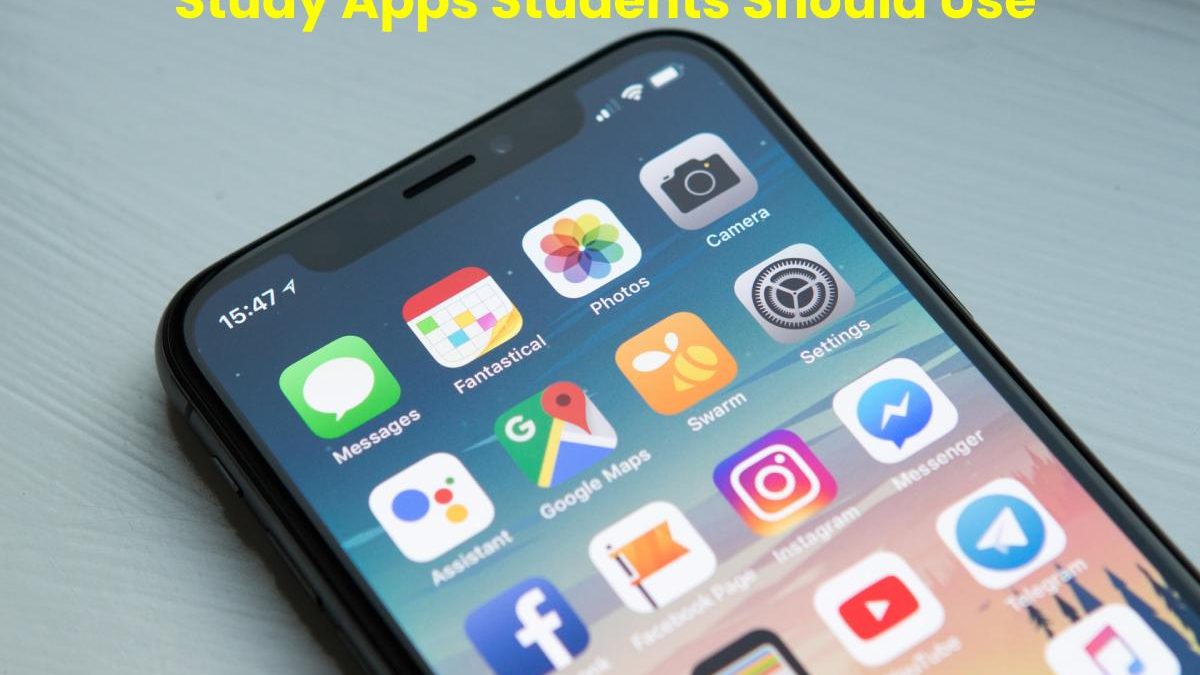Study Apps: It’s easy to become suppressed in notes and thoughts when studying. We’ve compiled a list of the top 5 study applications to help you build flashcards, mind maps, citations, and work more efficiently.
Table of Contents
1. RefME
Tom Hatton, Ian Forshew, and Tom Gardiner established RefME in 2014. It had over a million registered users and remained situated in London. GEMS Education announced in April 2015 that it had invested $5 million (£2.7 million) in the company’s seed financing round. Chegg, Inc. bought RefMe in 2017, and RefMe user profiles remained transferred to CiteThisForMe, Chegg’s citation service
RefME was a free service that needed you to register to utilise it. Similarly it was available on the RefME.com web platform for desktop (Windows, macOS, and Linux), iOS (for iPhones and iPads), Android, and Google Chrome via the RefME WebClipper browser plugin. Registration can remain done using email, Facebook single sign-on, or Edmodo.
RefME enabled resource sharing and collaboration, as well as information addition via desktop and mobile devices, with cloud synchronisation between platforms. According to the tool, citations might also be exported into other tools and imported in bulk using Ris files.
The mobile apps also included a function that allowed users to scan books with their smartphones and instantly convert them into citations.
2. StudyBlue

StudyBlue is a high school and college online learning platform. Users can upload class study materials, make electronic flashcards to study and share with others, and take practice tests on the platform. Students can use StudyBlue to save their notes in the cloud and connect with other students studying the same subjects. StudyBlue information is available online and through mobile phone applications.
StudyBlue, founded in Madison, Wisconsin, is now headquartered in San Francisco, California, as of September 2012. The company primarily serves students in high schools, community colleges, and universities in the United States, Canada, and globally. Chegg, Inc. purchased StudyBlue in 2018 for 20.8 million dollars, and the service will remain discontinued at the end of 2020.
In 2006, two University of Wisconsin–Madison students developed The Class Connection. In 2009, the company remained rebranded StudyBlue.
StudyBlue offers electronic flashcards, note posting, quizzes, and digital study material archiving. They can remain made, changed, and shared using the StudyBlue website or mobile apps for iPhone, iPad, and Android devices. There are now 500 million study materials on the app.
3. Evernote

Evernote is a note-taking, organizing, task management, and archiving programme. The Evernote Corporation, based in Redwood City, California, created it. Users can make notes in the app: text, drawings, images, audio, or stored web content. Although messages are saved in virtual “notebooks,” where they can be labelled, annotated, updated, searched, assigned attachments, and exported.
Evernote has a web client and Android, iOS, macOS, and Microsoft Windows programs. It is free to use monthly usage limits, although premium plans are available for increased or lifted limits.
Evernote has apps for Android, iOS (iPad, iPhone, and iPod Touch), macOS, Microsoft Windows, and the web. Evernote portable versions for flash devices and U3 discs are also available. There are no officially supported native BSD or Linux clients, although the firm does provide an API for alternative Linux clients.
The features provided by different systems differ significantly. For example, Rich Text Format and sketches in Windows can remain edited. However, rich text can remain edited on Apple Macintosh, but illustrations can only remain viewed.
4. Oxford Dictionary
Oxford University Press publishes the Oxford English Dictionary (OED), the primary historical dictionary of the English language (OUP). It covers the history of the English language, serving as a comprehensive resource for scholars and academic researchers while also describing usage in its numerous varieties around the world.
In 1988, the first electronic edition of the dictionary was made accessible. The internet version has been available since 2000 and received over two million monthly views by April 2014. The third edition of the dictionary will likely only be available electronically; the Chief Executive of Oxford University Press takes stated that it is unlikely to be printed.
The Oxford English Dictionary, as a historical dictionary, includes entries in which the earliest ascertainable verified sense of a word, whether present or obsolete. It remains presented first, and each additional reason remains explained in chronological order based on its earliest ascertainable recorded use. Following each definition are several brief illustrative quotations from the original ascertainable use of the word in chronological order. In that sense, to the previous ascertainable use for an obsolete understanding. To indicate its life span and the time since its obsolescence, or to a relatively recent use for current ones.
5. Dragon Dictation
Dragon Dictation began as a speech recognition tool for Apple’s iOS platforms, including the iPhone, iPod Touch, and iPad. The software supported automatic speech-to-text conversion. Likewise it was creat by Nuance Communications and published as a free app in December 2009. It remain now widely licenced in automotive entertainment systems and medical devices.
Dragon Dictation voice recognition remains based on Nuance Communications’ Dragon NaturallySpeaking speech recognition technology. Similarly it operates online and requires the user to have an Internet connection. Siri, which Apple acquired in 2010 and now integrates into iOS, was another software that used the same speech recognition technology.
Conclusion
Which app helps you study? iStudiez is one of the most excellent fantastic scheduling tools for improving your study habits. The programme, available for most mobile platforms and Mac and Windows desktops, allows you to keep track of your daily education schedule, tests, homework assignments, and even your grades.
Also Read : Benefits of Automated Invoice Processing

